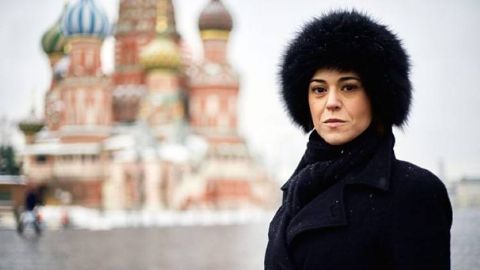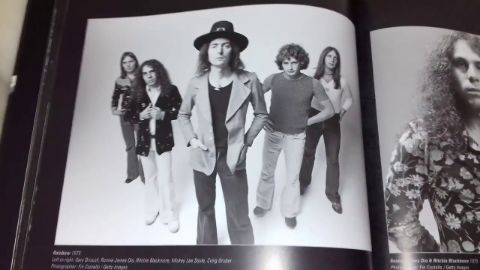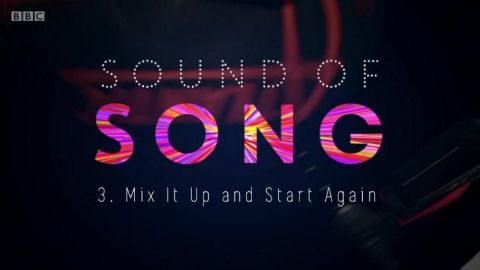World War • 2017 • episode "S1E3" • Tunes for Tyrants
Suzy Klein explores the use, abuse and manipulation of music in the Second World War - from swinging jazz to film soundtracks and from ballads to ballets. The war, she demonstrates, wasn't just a military fight but an ideological battle where both sides used music as a weapon to secure their vision for civilisation. Suzy reveals how the forces' sweetheart Vera Lynn was taken off air by the BBC for fear her sentimental songs undermined the British war effort. She reveals the war work of two British composers. Walton's Spitfire Prelude became the archetype for a particularly British form of patriotic music. By contrast, Tippett was sent to prison for being a conscientious objector, but his anti-war oratorio A Child of Our Time was showcased at the Royal Albert Hall. Suzy examines Olivier Messiaen's haunting Quartet for the End of Time, written in a POW camp. At Auschwitz, Suzy reveals how music was co-opted to serve the Nazis' evil purposes.
Make a donation
Buy a brother a hot coffee? Or a cold beer?
Hope you're finding these documentaries fascinating and eye-opening. It's just me, working hard behind the scenes to bring you this enriching content.
Running and maintaining a website like this takes time and resources. That's why I'm reaching out to you. If you appreciate what I do and would like to support my efforts, would you consider "buying me a coffee"?
Donation addresses
BTC: bc1q8ldskxh4x9qnddhcrgcun8rtvddeldm2a07r2v
ETH: 0x5CCAAA1afc5c5D814129d99277dDb5A979672116
With your donation through , you can show your appreciation and help me keep this project going. Every contribution, no matter how small, makes a significant impact. It goes directly towards covering server costs.








